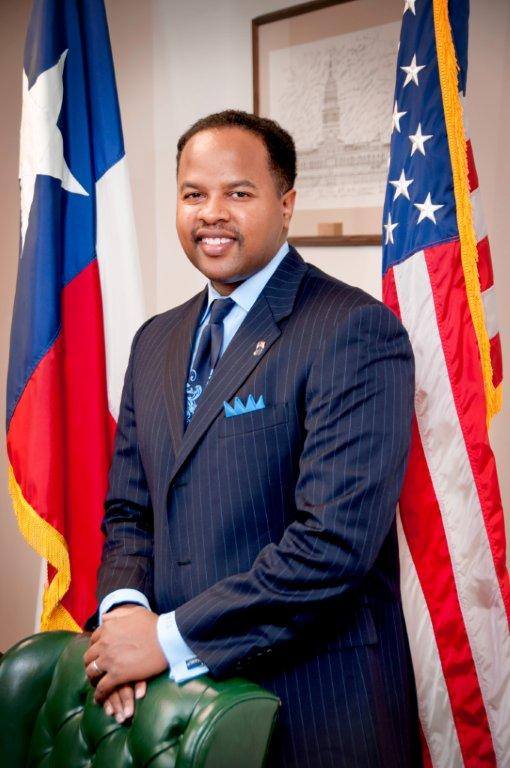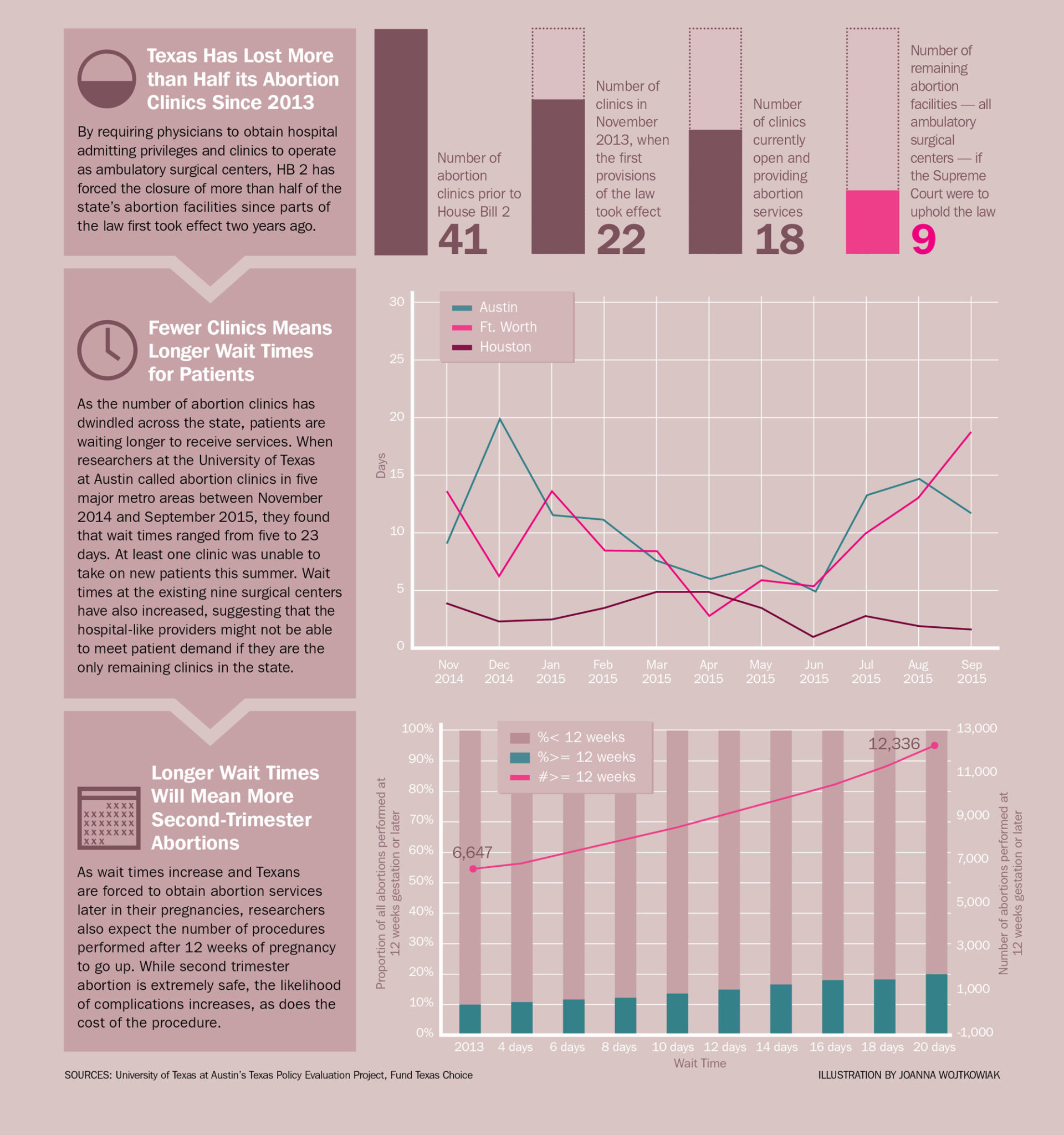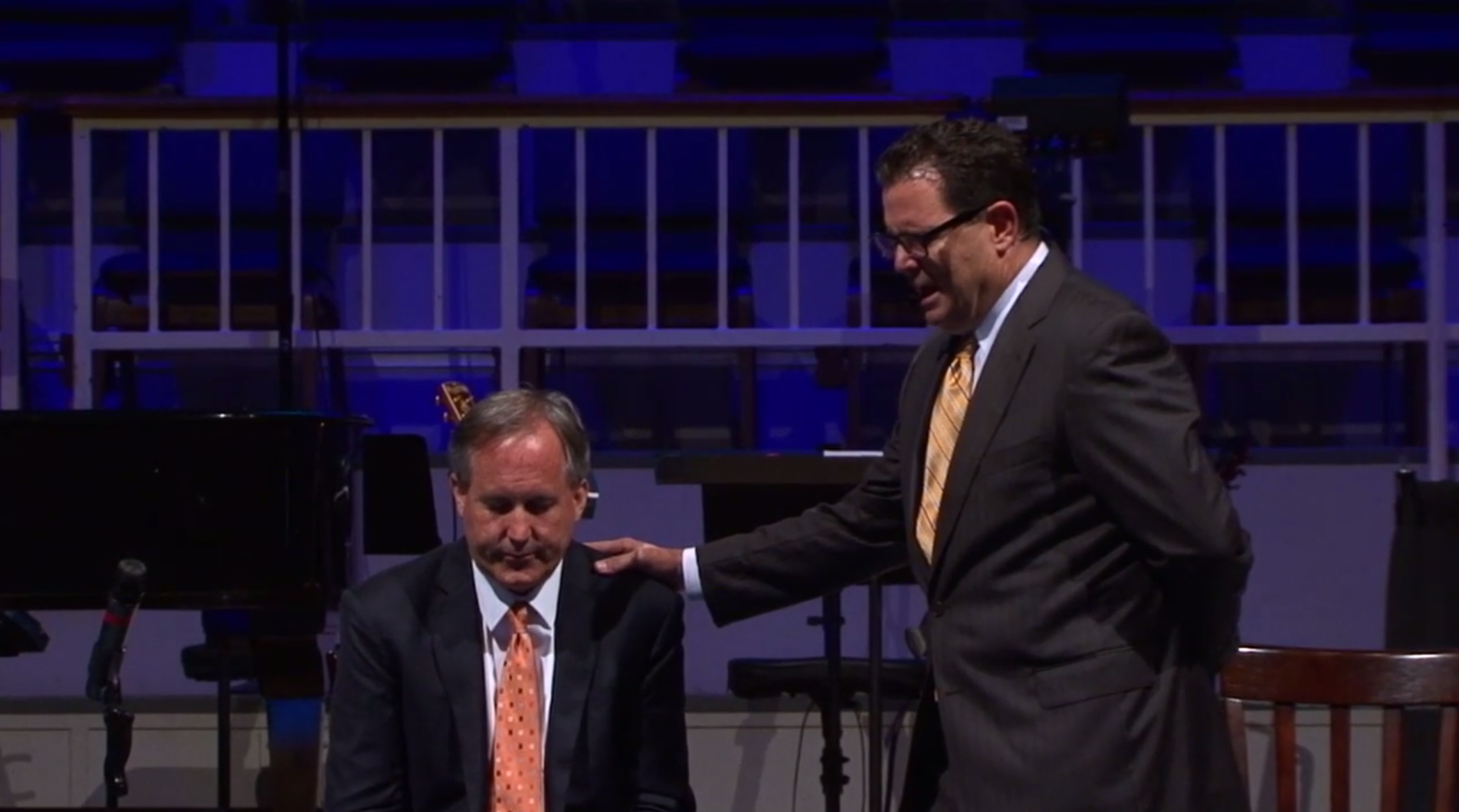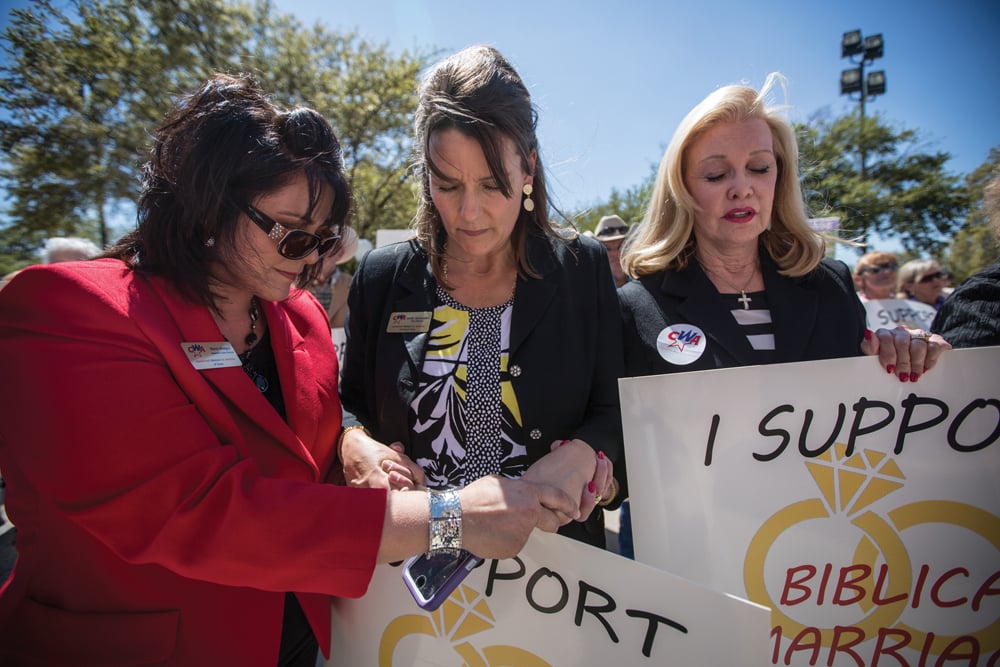
Lawmakers Push for Police Body Cameras

As the shooting of Walter Scott dominated national headlines this week, Texas lawmakers discussed legislation aimed at making police officers think twice before using excessive force. In a House committee hearing on Thursday, state Rep. Ron Reynolds (D-Missouri City) laid out a bill that would require law enforcement officers across the state to wear body cameras when engaging with the public.
“We’ve often seen from recent incidents why we need body cameras. You can look no further than the most recent incident in South Carolina,” Reynolds said. “It is my firm belief that if that officer was equipped with a body camera that tragic incident would not have taken place.”
Many witnesses testifying at the hearing agreed. John Kreager, speaking on behalf of the Texas Criminal Justice Coalition, said that body cameras “could be a win for officers and a win for the community,” by both preventing incidents of excessive use of force and ameliorating strained relationships between law enforcement and communities.
“When rational people know they’re being watched, they simply behave better,” Kreager said.
Recent studies have backed up those assertions. A study by the U.K.’s University of Cambridge found that body cameras reduced the use of force by 50 percent, and that complaints against the police fell by 90 percent.
Some cities in Texas already have body camera pilot programs, including Houston, Dallas and San Antonio.
Ron Hickman, the constable for Harris County Precinct 4, said he knows that body cameras are inevitable and that his agency was already looking into implementing them. But he testified against the bill, saying it was “premature” to pass such legislation without knowing how such a program might be implemented. His primary concern was cost.
“Do I buy a camera because you said I had to, or or do I buy a bulletproof vest because I need to?” Hickman said.
The Houston Police Department recently asked the state for $7.6 million to pay for 90 body cameras. The cameras, Hickman said, aren’t the primary problem, as they run about $1,000 each. But he said there’s an unknown cost of storing “mountains of data” and hiring skilled individuals who can manage and edit the footage.
Reynold’s bill (HB 474) would require law enforcement agencies to store the footage for at least 180 days. The footage would also be available to the public via open records requests, and personal information would have to be redacted. But the bill includes a provision that allows law enforcement agencies to apply for a waiver, in the case of limited funds. Reynolds said he requested $50 million in the House budget for body cameras—though the provision sits in Article XI, the so-called wish list.
If the state does provide funding for body cameras, those funds might be boosted by assistance from the federal government. In December, in response to the shooting of Michael Brown, President Barack Obama asked Congress to approve $263 million in funds for police body cameras and training. The funds would match state funding for cameras by 50 percent.
Reynolds thinks that in the long run, body cameras will save money by reducing the number of lawsuits over excessive force complaints.
Some committee members sided with Hickman, including state Rep. Allen Fletcher (R-Cypress), the chair of the committee. Fletcher, who was an officer with the Houston Police Department for 21 years, said that the Legislature needs to be very careful about what they tell law enforcement to do, and should give police agencies time to work on developing their own implementation methods for body camera programs. Beyond the cost argument, those opposed to the bill are simply wary of enacting legislation before all the details are worked out.
That frustrated state Rep. Marisa Marquez (D-El Paso), who gave an impassioned speech in favor of the cameras. She said it was important to remember that the cameras would just be a tool and wouldn’t eliminate other evidence or a trial by jury.
“I appreciate the comments of law enforcement that come up here and say that there are challenges, but well, that’s life.” Marquez said. “We just got to move forward and try to perfect it as well as we can and just remember that it’s one piece of a process.”
Vincent Harding, secretary of the Travis County Democratic Party, told the committee that it was their job to find solutions to complicated problems, and that law enforcement officers who balk at the idea of being filmed all the time should take a note from Scripture: “To whom much is given, much is required.”
“The decision to go into law enforcement was a voluntary decision that comes with a set of responsibilities,” Harding said. “By contrast, being born a minority in America is not a voluntary decision.”
Reynolds’ bill was left pending and he said that he was still working on a final version that he expects will be finished in the next two weeks. But in the end, he says he doesn’t care whether it’s his bill that gets passed—just that some action on the issue is taken this session. On Tuesday, state Sen. Royce West (D-Dallas) presented another body camera bill to the Senate Criminal Justice Committee. His bill will be taken up again by the committee next week.


